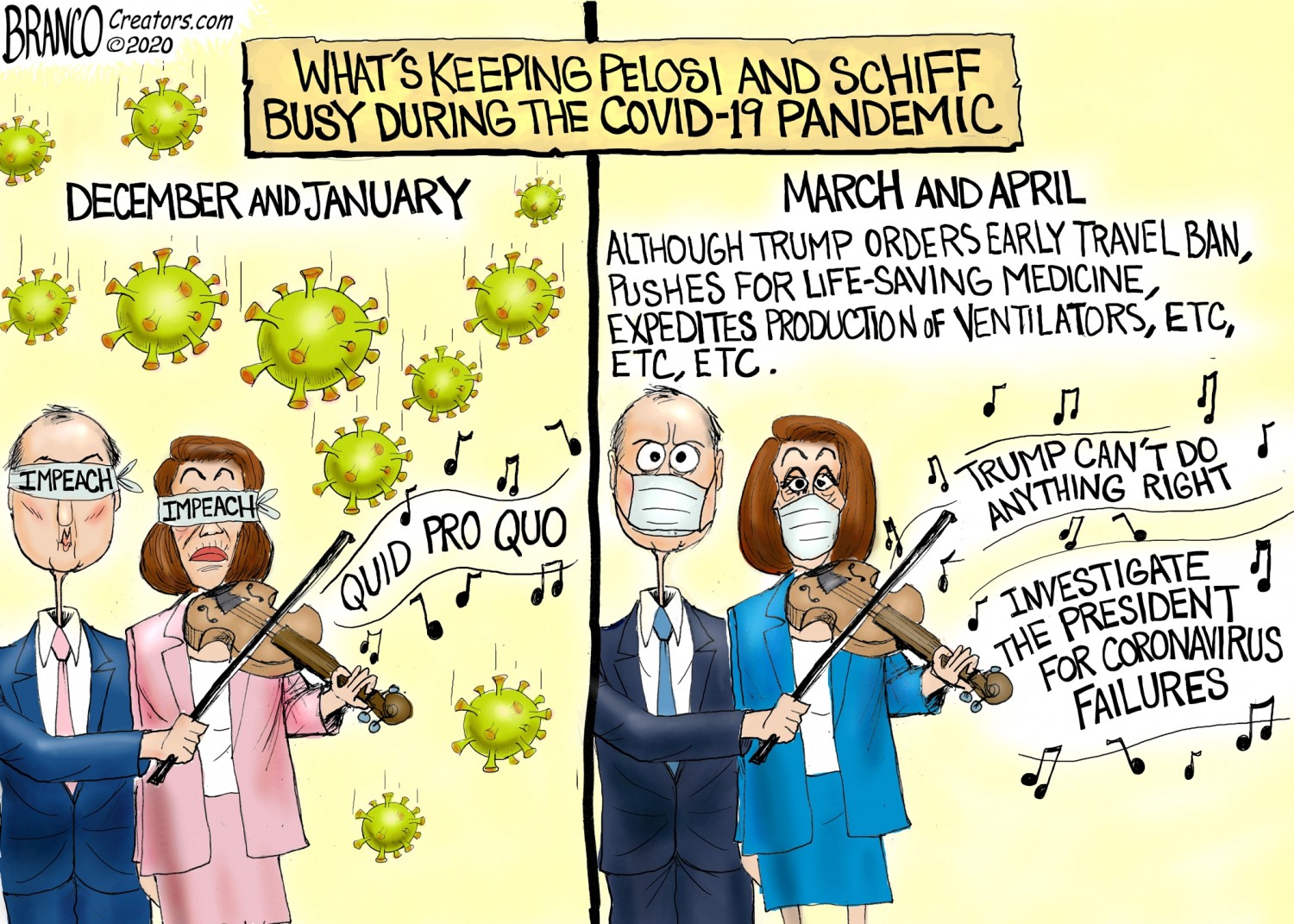|

Cheap Seats 2020We Got This - 04/15 
By Rich Trzupek
There are plenty of things to worry about as we enter pandemic recovery mode. The health and welfare of the environment is not one of them. Despite what you may have heard from certain sources, it is highly unlikely that the temporary pullback in USEPA and state agency oversight will have any practical effect on the ecosystem.
Let’s start with an analogy. When we drive a vehicle, most people tend to drive at the posted speed limit or five to 10 miles per hour faster. We know that anything much faster than 10 over is far more likely to attract the attention of law enforcement.
But, what if we knew for certain that nobody was patrolling a certain stretch of road? Many of us would take the opportunity to put pedal to the metal. When the cat’s away, the mice will play and all that.
Now, imagine that enforcing the speed limit doesn’t depend on cops on patrol at all. Instead, every driver is expected and required to act as their own cop. If, for example, you break the speed limit on the way home, you must drive to the police station, report your transgression and accept a ticket that an officer sitting behind a desk will duly issue.
At this point you’re probably thinking “Trzupek has lost what little of his mind is left. Nobody is going to turn themselves in like that. How stupid does he think we are?”
Well, let’s say your car is equipped with one of those safe driving monitors that the insurance companies offer as a way of checking how you drive in exchange for potentially lower rates. Except, in this case it’s not optional, it’s a requirement. This puts things in a different light, because the authorities also have access to your monitoring data.
This puts you in something of a pickle. If you don’t self-report your crime, there is a fair chance that it will be discovered somewhere down the road when someone in the police department is auditing your driving record. In that case, you know that police policy is to make the penalty you must pay far greater than if you had turned yourself in as you were supposed to.
This, in essence, describes the space industry occupies in the regulated world. They are obligated to self-monitor their environmental performance based on conditions spelled out in a permit issued by the appropriate authority.
Most of the time, by the by, the permitting authority is the state, not USEPA. People unfamiliar with environmental regulation assume that USEPA is the agency that primarily interfaces with industry on a day to day basis. That’s not the case. The vast majority of regulatory authority is wielded by the state or district within a state. USEPA primarily writes rules and oversees the states.
In any case, COVID-19 or not, industry is overwhelmingly diligent about policing itself to ensure compliance with environmental regulations. Corporations, particularly plants that are part of big corporations, want to avoid the cost and bad PR of having a violation discovered and exposed, so the responsible parties within the plant have strict marching orders to stay in compliance and, should a mistake happen, report any non-compliance as soon as possible.
So have no fear for environmental damage as we ride out this storm. It remains in very good and responsible hands.
We got this.
Email: richtraupek@gmail.com
.
.
.
.
|